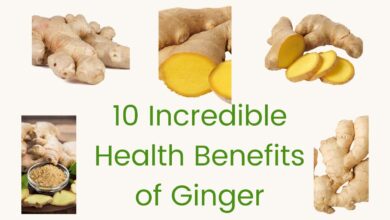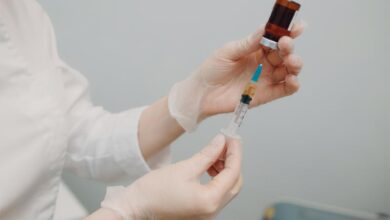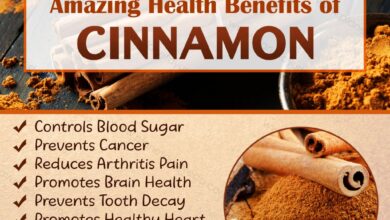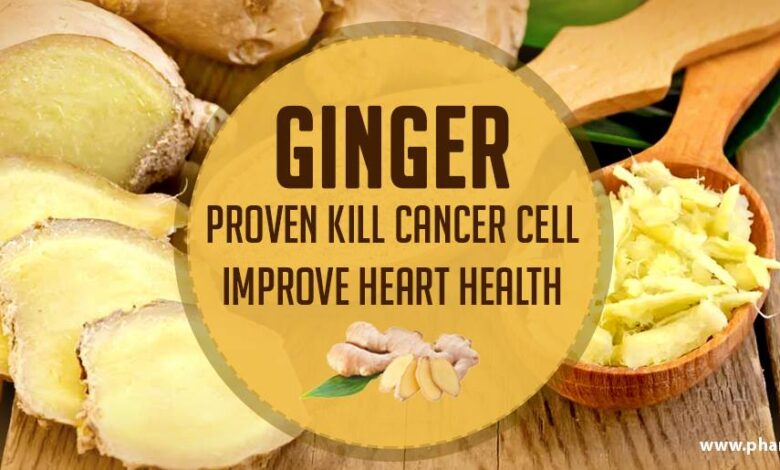
Discover Gingers Amazing Heart Health Benefits Naturally
Discover Ginger’s Amazing Role in Supporting Heart Health Naturally. Ginger, a spice renowned for its culinary uses, holds a surprising treasure trove of potential benefits for cardiovascular health. From ancient traditions to modern research, ginger’s impact on heart health is increasingly recognized. This exploration delves into the fascinating world of ginger, examining its historical context, the science behind its potential effects, and how it might naturally support a healthy heart.
This article will delve into the potential mechanisms by which ginger might influence heart health, exploring the compounds within ginger and their possible effects on blood pressure, cholesterol levels, and inflammation. We’ll uncover how ginger has been used throughout history and discuss the scientific evidence supporting its potential role in maintaining cardiovascular well-being.
Introduction to Ginger and Heart Health
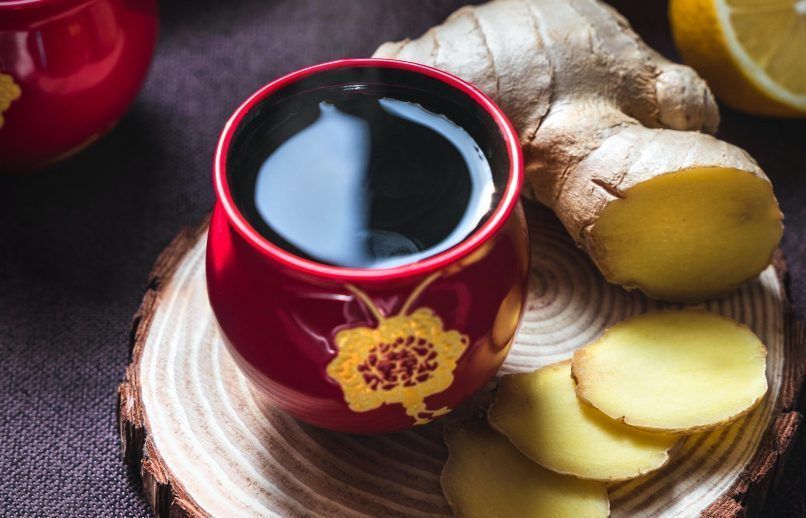
Source: prestigeonline.com
Ginger, a vibrant root often found in kitchens worldwide, boasts a rich history of medicinal use. Beyond its culinary appeal, ginger has garnered attention for its potential health benefits, particularly in supporting cardiovascular well-being. From ancient remedies to modern scientific investigations, ginger’s journey toward understanding its heart-health properties is a fascinating one. This exploration delves into the potential mechanisms by which ginger might contribute to a healthier heart.Ginger’s impressive reputation in traditional medicine stems from its use across various cultures.
For centuries, it has been employed in remedies for digestive issues, inflammation, and pain relief. Many cultures recognize ginger’s potent properties, often incorporating it into their daily routines for maintaining overall health. These historical applications have sparked scientific interest in its potential effects on heart health.
Ginger’s Active Compounds and Potential Benefits
Ginger’s beneficial effects are largely attributed to its bioactive compounds. The most prominent of these are gingerols and shogaols, a group of phenolic compounds known for their potent antioxidant and anti-inflammatory properties. These compounds are believed to play a crucial role in the observed heart-health benefits. Research suggests these compounds may help regulate blood pressure, improve blood lipid profiles, and reduce oxidative stress, all key factors in maintaining cardiovascular health.
Discovering ginger’s amazing role in supporting heart health naturally is fascinating, but it’s also interesting to see how economic shifts affect even seemingly unrelated industries. For example, the recent news that the UK’s Robert Walters, a major recruitment firm, has abandoned its profit targets due to the tough hiring market ( UK’s Robert Walters abandons profit view in tough hiring market ) highlights the impact of external factors on businesses.
Still, ginger’s heart-healthy properties remain a potent natural remedy for maintaining cardiovascular well-being.
Potential Mechanisms of Action
Several mechanisms are proposed to explain ginger’s potential role in heart health. Ginger’s antioxidant properties are thought to protect against the damage caused by free radicals, reducing oxidative stress, a factor linked to heart disease. Furthermore, its anti-inflammatory actions could help reduce inflammation throughout the body, including in blood vessels, contributing to better cardiovascular function. The ability to improve blood flow and reduce blood clotting may also contribute to the positive effects on heart health.
Table of Ginger Compounds and Potential Heart Health Benefits
| Ginger Compound | Potential Heart Health Benefit |
|---|---|
| Gingerols | May help regulate blood pressure, improve blood lipid profiles, and reduce oxidative stress. |
| Shogaols | Potentially possess anti-inflammatory and antioxidant properties, contributing to improved cardiovascular function. |
Mechanisms of Action
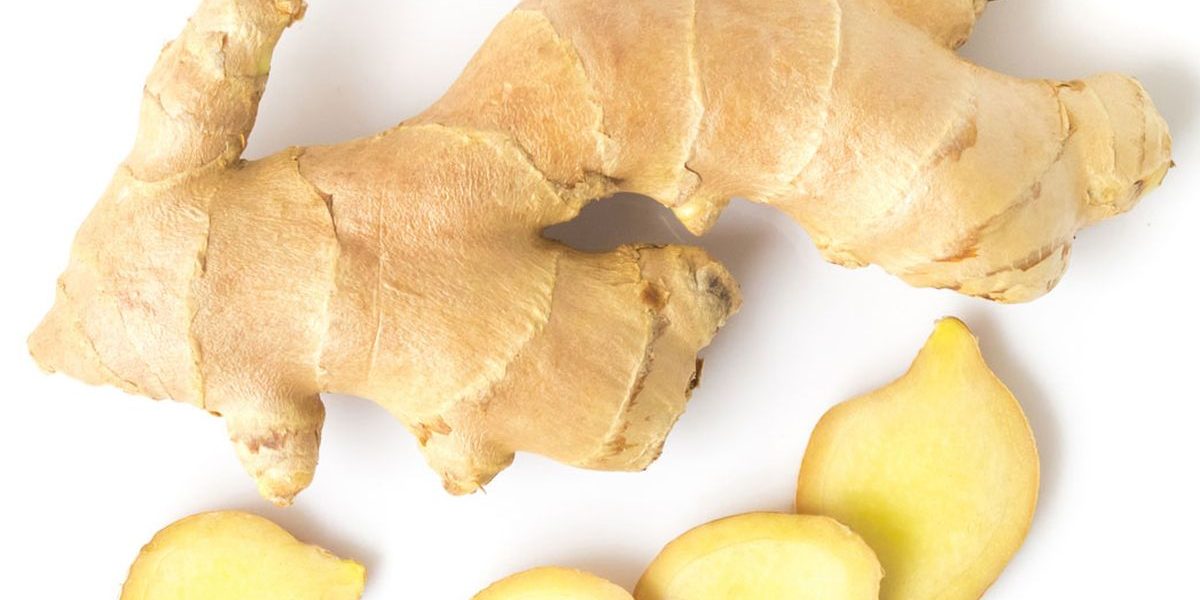
Source: tamaratcm.com
Ginger’s amazing benefits for heart health are truly fascinating, and I’m diving deep into it! While exploring this, it’s important to acknowledge the current political climate, specifically President Trump’s recent order impacting transgender rights, which unfortunately creates a concerning backdrop for many. Learning about this situation is vital, as highlighted in this article What to know about President Donald Trump’s order targeting the rights of transgender people.
Ultimately, though, I’m still focused on the wonderful natural ways ginger can boost heart health and want to share more of my research on that soon.
Ginger’s potential benefits for heart health stem from a variety of mechanisms, primarily related to its bioactive compounds. These compounds interact with various physiological pathways, influencing blood pressure, cholesterol levels, and inflammation. While more research is needed to fully understand the intricate details, preliminary evidence suggests promising avenues for ginger’s potential role in cardiovascular support.
While discovering ginger’s amazing role in supporting heart health naturally is fascinating, it’s hard to ignore the wild ride of Trump’s new meme coin, which has apparently soared on his first day in office, lifting other tokens here. But, back to ginger – its anti-inflammatory properties could potentially play a significant role in maintaining a healthy heart, and that’s a trend I’m much more interested in than the latest crypto craze.
Potential Impact on Blood Pressure Regulation, Discover Ginger’s Amazing Role in Supporting Heart Health Naturally
Ginger’s ability to influence blood pressure regulation is an area of active investigation. Some studies suggest that ginger may help relax blood vessels, thereby reducing blood pressure. This relaxation effect could be mediated by the release of nitric oxide, a crucial molecule involved in vasodilation. The impact appears to be modest but potentially beneficial, particularly in individuals with mild hypertension.
It’s important to note that these effects are often observed in animal studies and require further investigation in human trials. Further research is necessary to confirm these findings and determine the optimal dosage and duration of ginger consumption for blood pressure management.
Potential Impact on Cholesterol Levels
Ginger may also play a role in modulating cholesterol levels. Some research indicates that ginger might help lower levels of LDL (“bad”) cholesterol and increase levels of HDL (“good”) cholesterol. This effect could contribute to a healthier lipid profile, potentially reducing the risk of atherosclerosis, a condition characterized by the buildup of plaque in the arteries. However, the magnitude of this impact varies depending on the specific study design and the population being investigated.
More human studies are needed to fully evaluate the effectiveness and safety of ginger in managing cholesterol.
Role in Reducing Inflammation Related to Heart Health
Inflammation is a key factor in the development and progression of cardiovascular diseases. Ginger has demonstrated anti-inflammatory properties in various studies. These properties may arise from its rich content of gingerols and shogaols, bioactive compounds that can suppress the production of inflammatory molecules. By reducing inflammation, ginger may contribute to improved heart health by mitigating the damage to blood vessels and reducing the risk of plaque buildup.
These effects are believed to be related to the inhibition of certain inflammatory pathways.
Table of Potential Mechanisms
| Ginger Compound | Potential Mechanism | Heart Health Pathway |
|---|---|---|
| Gingerols/Shogaols | Inhibition of inflammatory pathways, modulation of cholesterol metabolism | Reduced inflammation, improved lipid profile |
| Gingerols/Shogaols | Vasodilation (blood vessel relaxation) | Lowered blood pressure |
| Other bioactive compounds | Possible antioxidant effects | Protection against oxidative stress |
Final Thoughts: Discover Ginger’s Amazing Role In Supporting Heart Health Naturally
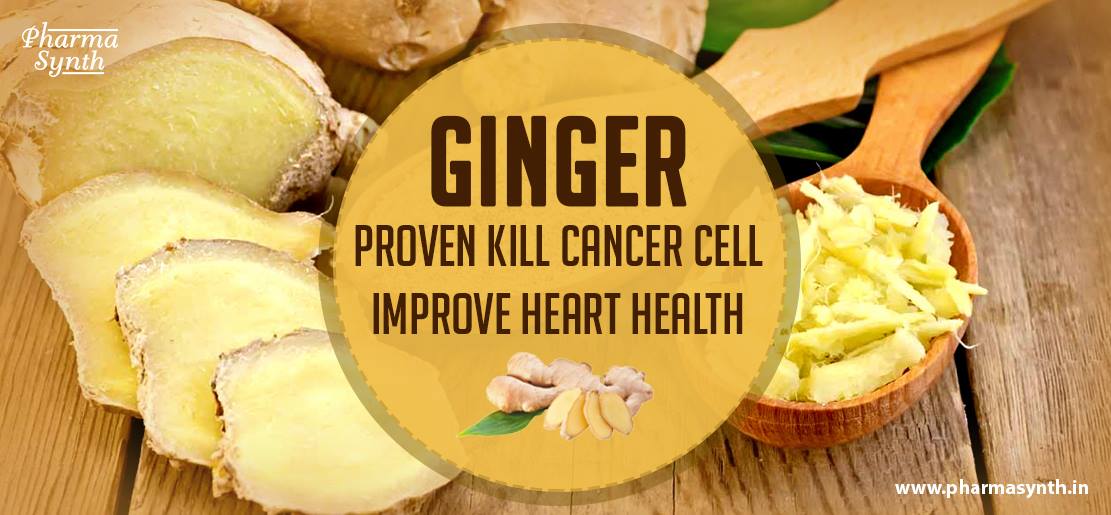
Source: pharmasynth.in
In conclusion, ginger emerges as a fascinating natural potential ally in supporting heart health. While more research is always beneficial, the historical use, cultural significance, and potential mechanisms of action associated with ginger offer intriguing insights into its possible role in promoting cardiovascular well-being. This exploration has highlighted the potential of ginger as a natural approach to heart health, but it’s crucial to remember that this should not replace professional medical advice.
If you have any concerns about your heart health, consult with a healthcare professional.
Clarifying Questions
Can ginger replace medication for heart conditions?
No, ginger should not be considered a replacement for prescribed medications. It can be a complementary approach, but always consult your doctor before making any changes to your treatment plan.
Are there any potential side effects of consuming ginger?
While generally safe, some individuals may experience mild side effects like heartburn, nausea, or stomach upset. Consult your doctor if you have any concerns.
How much ginger should I consume for potential heart health benefits?
There’s no definitive answer for optimal ginger intake. Consult a nutritionist or healthcare professional for personalized recommendations based on your individual needs.
What other natural remedies might complement ginger for heart health?
Other natural remedies like garlic, turmeric, and a balanced diet can contribute to overall cardiovascular health. Combining these with ginger can potentially create a more comprehensive approach, but always under the guidance of a healthcare professional.

